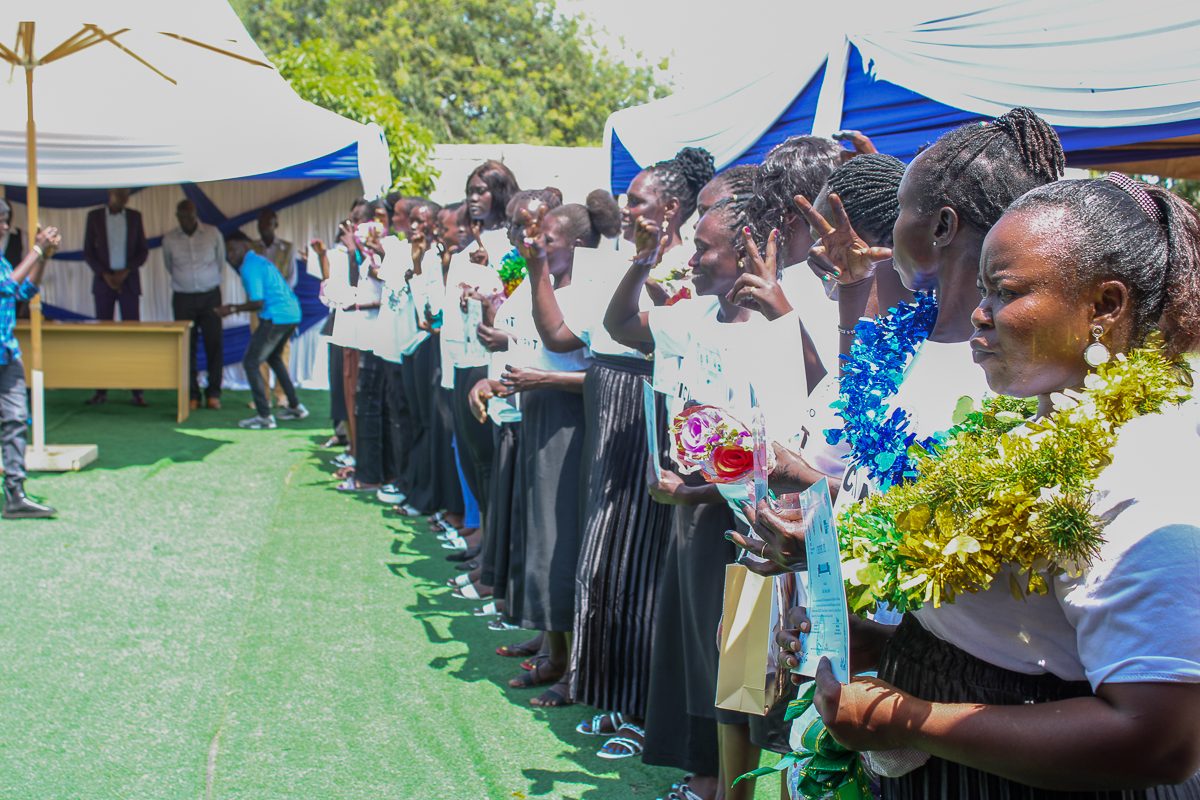Youth & Workforce Development
EDC partners with education systems, industry leaders, and communities in the U.S. and internationally to create career pathways that help youth transition successfully from education to the workforce.

EDC transforms education and employment systems to help youth build the skills they need to secure fair wages, safe working conditions, and positive career pathways.
We partner with youth, local employers, community organizations, government institutions, and foundations to co-design programs that promote market-driven skills development and transition-to-work services. We also strengthen the capacity of communities and schools, ensuring they can sustain and scale youth development initiatives. Through strategic collaboration, policy advocacy, and cost analysis, we help institutionalize work readiness and work-based learning programs in education and vocational training systems, integrating youth into decision-making processes to ensure programs are relevant and effective.
Globally, EDC’s work supports out-of-school youth (OSY) who miss out on formal education and seek pathways to improve their skills, gain training, or find employment. EDC partners with governments, industry, and NGOs to create programs that build marketable skills, increase employability, and promote community involvement, all tailored to the unique needs of each country.
In addition to designing, leading, supporting, and scaling programs, EDC researches and evaluates promising approaches to career learning–such as career academies, apprenticeships, and place-based career development models. We seek to identify and advance knowledge of the foundational skills and knowledge young people will need to thrive in the rapidly changing world of work. And, we widely share our findings through convenings, resources, and reports.
Our Work
Featured Project
Senegal Programme de Formation Professionnelle et d’Insertion (PFPI)
This project aims to facilitate access to dignified and fulfilling work for young Senegalese in various education tracks, including technical and vocational education and training, middle school, higher education, and apprenticeships.
Read more






